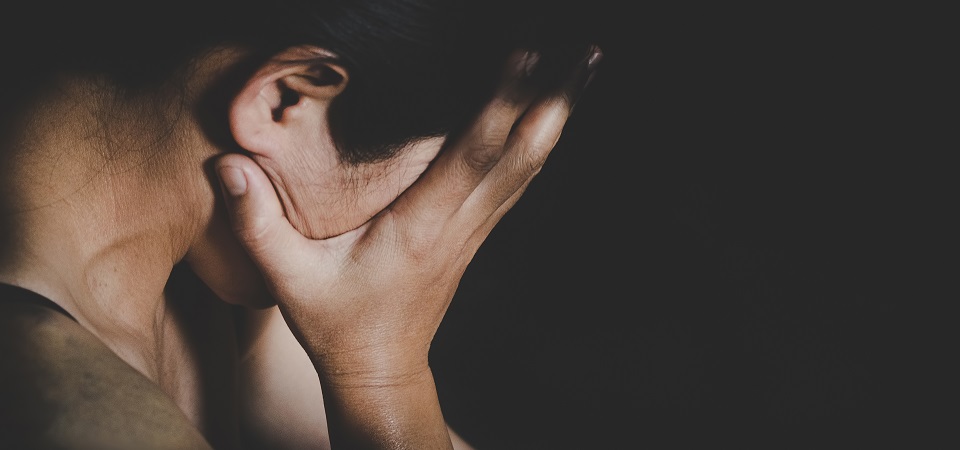The UK’s current self-isolation policy is bringing with it increased levels of domestic abuse, with victims worryingly trapped at home with their abusers.
Charity Women’s Aid reports that an estimated 7.9 per cent of women (1.3million) experienced domestic abuse in the year ending March 2018, while Refuge, another charity, aired its fears at the start of the pandemic that self-isolation could make behaviour of perpetrators even worse.
Refuge has already seen calls to its National Domestic Abuse helpline and online requests for help surge by 25 per cent since the start of lockdown, while devastatingly, figures from charity Nia suggest domestic abuse killings are more than double the 21-day average.
Here we look at what the lockdown could mean for victims of domestic abuse, and what steps people can take to protect themselves, including non-molestation orders and occupation orders.
Why could the lockdown increase incidents of domestic abuse?
This is a stressful enough time for everyone, but is made worse for those who live with a partner or other individual who is physically and / or emotionally abusive.
Social media has plenty of examples of positive stories of the lockdown bringing people closer together, but for some, enforced isolation with an abusive individual will cause tensions and emotions to run high. Isolation is in fact sometimes used as a tactic by some perpetrators.
Abuse is also more likely to go undetected by others during this time, while victims may be less likely to be able to make a call for help.
Some fear that the time could also lead to increased alcohol consumption which is often a factor in domestic abuse. The World Health Organisation reports that, while not necessarily a direct cause, strong links have been found between the two, with alcohol use ‘increasing the occurrence and severity of domestic violence.’
What help is available?
Practical advice from a specialist domestic abuse solicitor should be sought at the earliest opportunity, however when someone is in immediate danger, they should contact the police who are best equipped to deal with such crimes. It is clear that during the lockdown police resources could be stretched thin.
Charities or a local shelter could also be contacted. Refuge, for instance, has announced it is still operating and has contingency plans in place to help women suffering abuse – with a freephone helpline, online contact form and support resources available.
Other practical tips include, where possible, keeping in touch with a friend of relative who can help and even keeping an emergency bag packed.
How a non-molestation order can help
A non-molestation order is intended to protect a victim of domestic violence where the person they need to be protected from is: someone they’re having or have had a relationship with, a family member, someone they’re living with or have lived with. A specialist domestic abuse solicitor can help here.
Such orders often carry a power of arrest, usually last a year, and can be made without the other party being made aware in the first instance.
An occupation order can also be used to determine who can live in a family home or enter the surrounding area, without affecting ownership of a property.
While some civil courts are more restricted in the cases being taken on at the moment, the family courts are open for urgent business as usual, especially in cases concerning children and injunctions such as urgent non-molestation orders and occupation orders.
Useful links:
- Victim Support
- WHAG
- National Domestic Abuse Helpline: 0808 2000 247.
For further advice on applying for a non-molestation order, or any other domestic abuse matter, call Carolyn Ford on 0161 761 4611 or email her at carolyn.ford@whnsolicitors.co.uk













